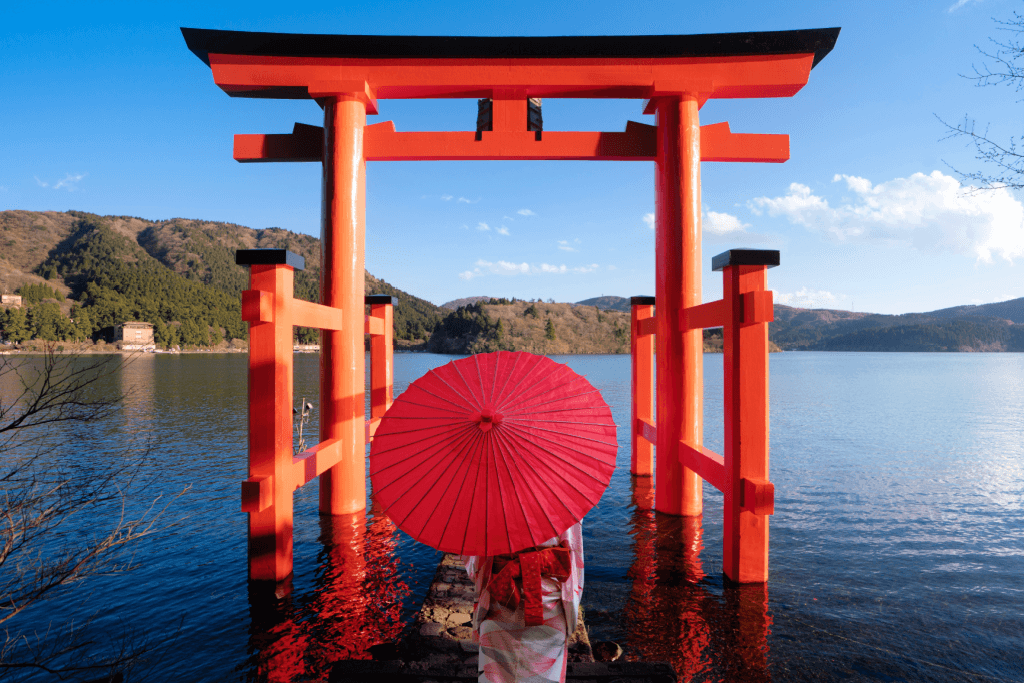Introducción inmersiva
Imagine holding in your hands the key to your own home in Japan—a symbol of entry into a unique world, where the serenity of ancient temples harmonizes with ultramodern cities renowned for their technology and comfort.
In this article, you’ll find an informative overview of essential aspects: legal procedures, market characteristics, options for property management from abroad, and general tax considerations. Explore the main factors to consider when researching real estate opportunities in Japan, and learn what steps are commonly involved in acquiring and maintaining a property.

Requisitos para extranjeros
Japan imposes no restrictions on nationality or visa status when purchasing property: tourists on short-term visas, temporary residents, and non-residents alike can sign a purchase agreement and assume full ownership without additional permits. Additionally, there are no limitations on area or property type: buyers may acquire properties ranging from compact Shinjuku apartments to traditional hot-spring houses (onsen-bunka) in Kyushu, provided that standard registration procedures are observed.
Documentación requerida
No visa or prior authorization is needed. However, international buyers should have the following ready before proceeding:
- Government-issued photo ID: e.g. passport or equivalent document from your home country.
- Proof of residency: e.g. a certificate of residence from your local municipality or a notarized equivalent.
- Any additional documents: as required by local authorities for high-value transactions.
Registro de la propiedad
After signing the sales contract (売買契約書), the next step is registration with the Property Registry (登記). Under Japanese law, you must submit:
・Una copia certificada de la escritura de compraventa
• Payment of the registration tax (登録免許税), which ranges from 0.1 % to 0.4 % of the registered value, depending on whether it covers land, building, or trust interests
• In some cases, a revenue stamp (印紙税) affixed to the contract, with rates set according to the transaction amount
Once the procedure is complete, the new owner receives a Registration Certificate (登記事項証明書). This certificate is enforceable against all third parties (erga omnes) and grants full rights of disposition, inheritance, and leasing.
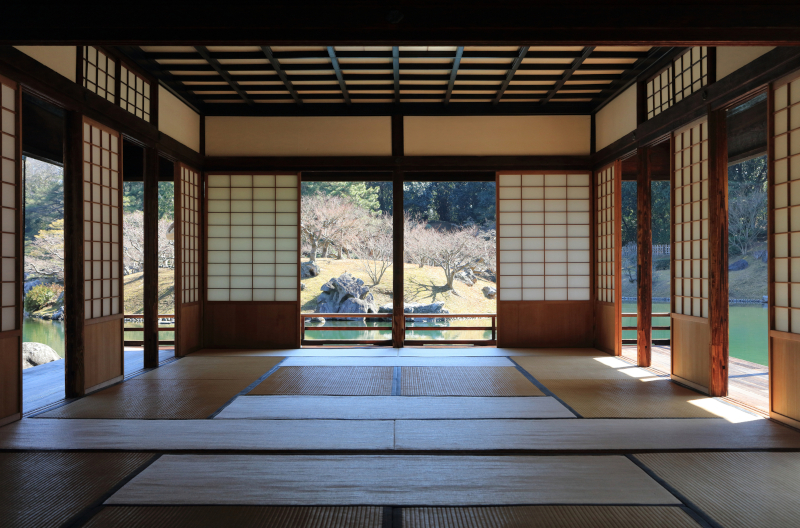
Impuestos asociados
El sistema tributario de Japón es reconocido por su claridad. Los principales impuestos son:
・Impuesto sobre la adquisición de bienes raíces (不動産取得税)
– Pago único al momento de la compra
– Basado en el valor catastral legal, que suele ser inferior al precio de mercado
– Tasa estándar del 4 %, reducida al 3 % para ciertos terrenos y viviendas bajo usos calificables
・Impuesto sobre bienes inmuebles (固定資産税)
– Anual, facturado en cuatro cuotas (abril, julio, diciembre, febrero)
– Basado en el valor catastral tasado
– La tasa varía según la municipalidad
・Impuesto de planificación urbana (都市計画税)
– Aplicado en zonas designadas, hasta un 0.3 % adicional sobre la misma base imponible
・Retención del impuesto sobre la renta para no residentes
– Si el vendedor es no residente, el comprador debe retener el 10.21 % del precio de compra y remitirlo antes del día 10 del mes siguiente.
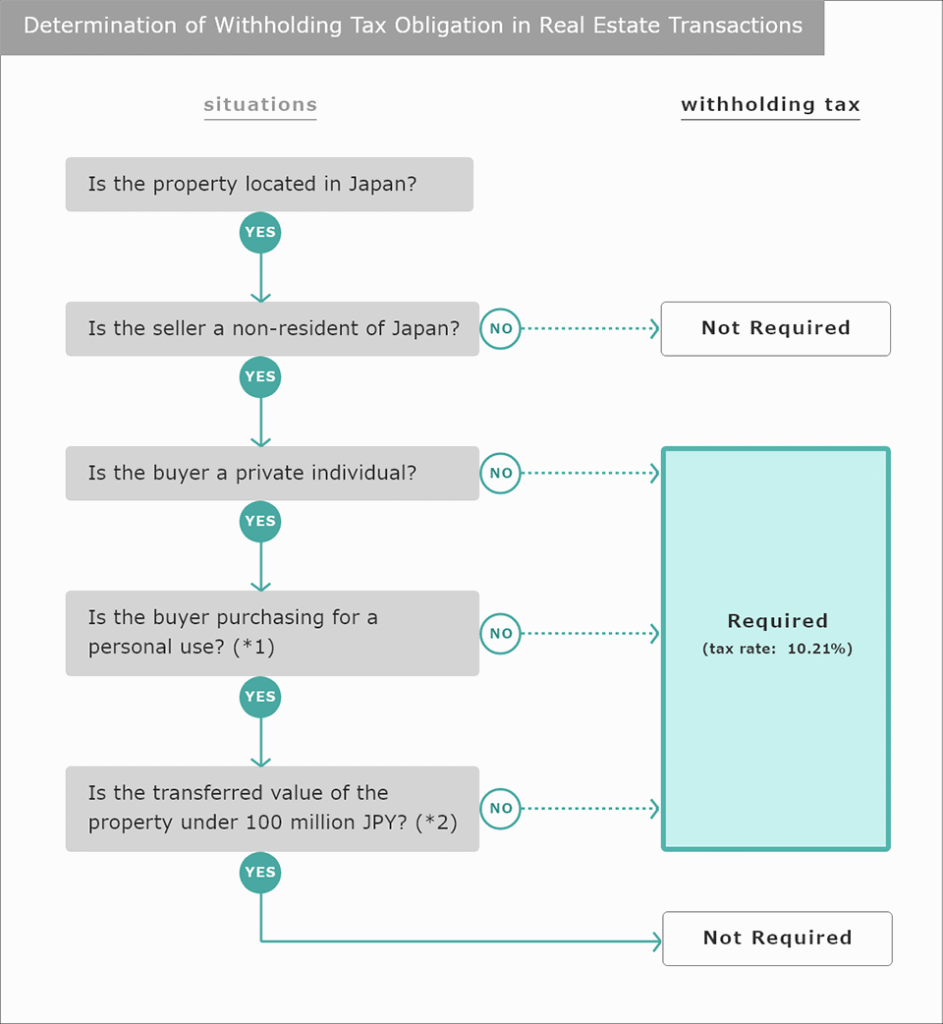
Non-resident must appoint a tax agent (納税管理人) in Japan to receive notices and make payments, avoiding penalties.
Rental Market Overview
Alquileres a corto plazo (minpaku y STR)
Properties in Tokyo, Kyoto, and Osaka often accommodate vacation stays due to high tourist demand, especially during peak seasons.
Alquileres a largo plazo
University districts (e.g., Tsukuba, Sapporo) and urban business centers (e.g., Umeda in Osaka, Minato Mirai in Yokohama) maintain steady occupancy rates, driven by students and corporate expatriates.
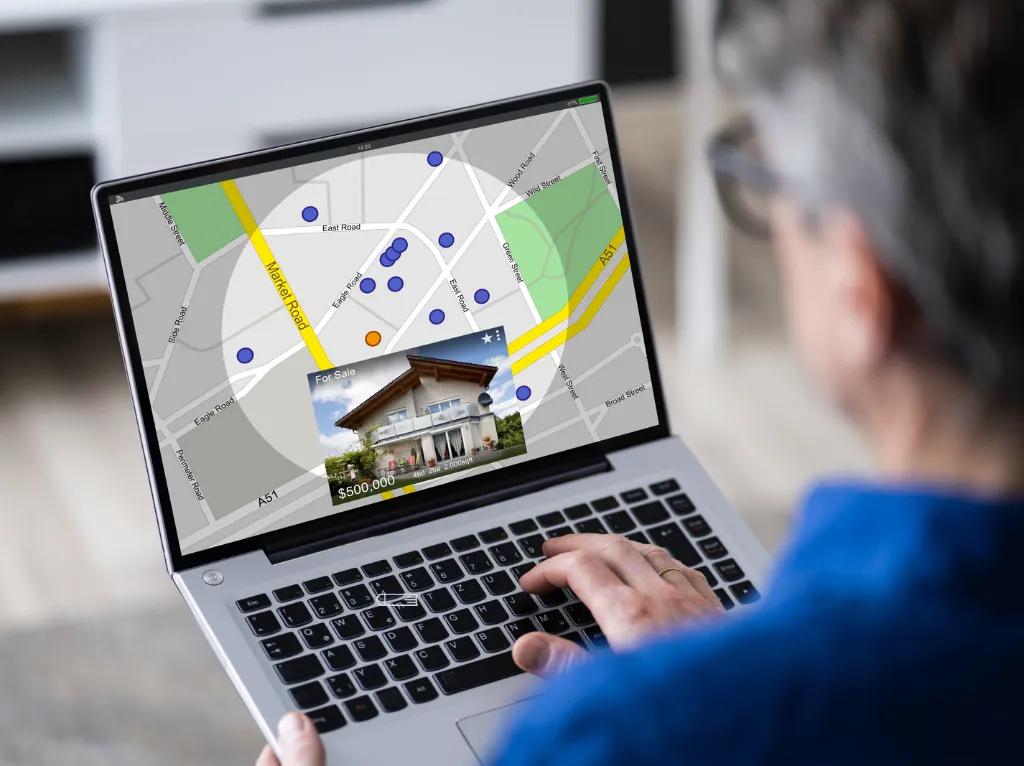
Demanda de alquiler por turistas o residentes
Post-pandemic tourism resurgence has turned Japan into a dream destination: visitors from the U.S., Mexico, Australia, and Singapore fill airports and accommodations. In 2023, vacation rentals generated USD 5.605 billion, with projections of USD 7.6 billion by 2030. Meanwhile, the resident foreign population (1.7 million in 2024) drives mid- and long-term rental demand, helping property owners manage seasonal variations in occupancy.
Overview of Corporate Structures and Tax Considerations
In Japan, corporate forms such as GK (Godo Kaisha) and TMK (Tokutei Mokuteki Kaisha) include provisions related to asset depreciation and deductible operating expenses (maintenance, insurance, management). Certain properties certified under the Long-Life Housing Quality Certification program may qualify for tax exemptions. Rental income paid to non-residents is subject to a withholding tax (currently 20.42 %), which may be creditable under applicable double-tax treaties.
Libertad para comprar sin permisos especiales
Under Japanese law, property acquisitions are largely unrestricted—except in strategic land zones (airports, military facilities), which constitute less than 2% of the territory. This legislative framework grants buyers the autonomy to acquire, renovate, lease, or sell real estate without additional bureaucracy.

Gestión remota de propiedades
Non-resident property owners can delegate tasks to specialized agencies:
- Certified property management agencies handle rent collection, utilities oversight, and maintenance coordination.
- Licensed tax agents oversee local and national tax filings to ensure compliance and prevent penalties.
- Cloud-based platforms provide real-time occupancy, revenue, and expense reporting, accessible 24/7 from any device.
This arrangement allows property owners to benefit from ownership in Japan without onsite involvement.
Pago de impuestos y servicios
El calendario fiscal japonés está claramente definido:
・Abril: vencimiento del impuesto anual o primera cuota
・Julio, diciembre, febrero: cuotas posteriores del impuesto a la propiedad
・De tres a seis meses después de la compra: se emite el aviso del impuesto de adquisición
A licensed management agency or tax representative handles notifications, arranges bank direct debits, and ensures timely filings to help avoid a 14 % late surcharge.
Barreras lingüísticas en el proceso de compra
JJapan’s dual writing system and legal complexity can create uncertainty. Specialized firms offer:
・Traducciones certificadas de contratos
・Acompañamiento bilingüe durante visitas a propiedades y firmas de documentos
・Explicaciones claras de cláusulas (derechos superficiales, servidumbres locales, etc.)
En Akiyas Japan (www.akiyasjapan.com), our multilingual team assists clients throughout the entire process, ensuring an experience as seamless as a stroll through Arashiyama’s bamboo groves.
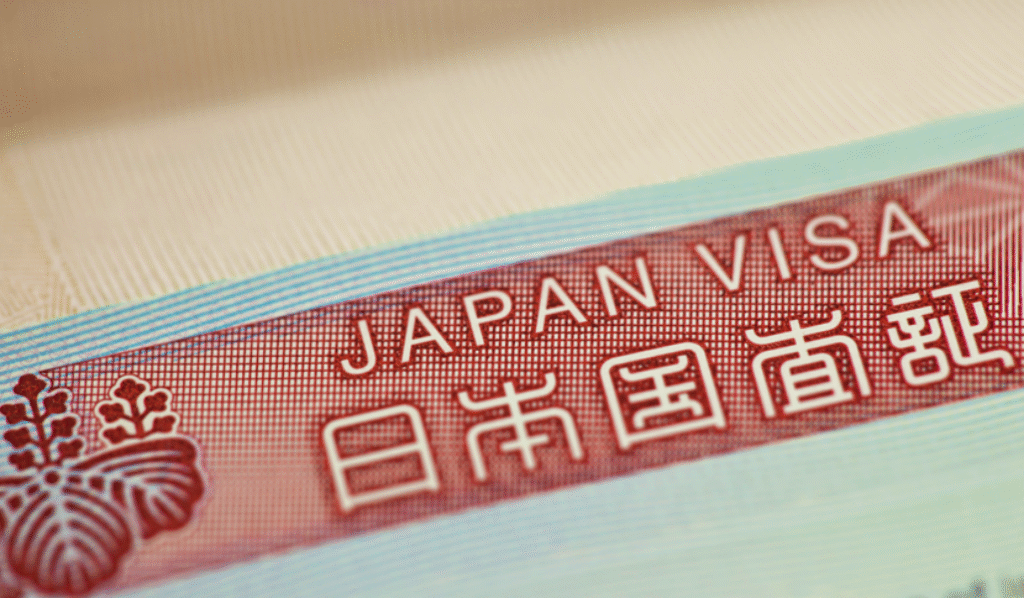
¿La compra de una propiedad ayuda a obtener visa o residencia?
La compra de bienes raíces por sí sola no concede una visa, pero abre vías para:
• Business Manager Visa (経営・管理ビザ): requires establishing a Japanese entity and presenting a credible business plan.
• Highly Skilled Professional Visa (高度専門職): points are awarded based on capital investment and economic activities, with accelerated permanent residency eligibility.
A robust real estate strategy can strengthen applications and expedite immigration procedures. Akiyas Japan provides translation and interpretation services for visa-related documentation as part of a broader international mobility project.
Residency options
- Visa de negocios temporal (1 año, renovable)
- Residencia a largo plazo después de siete años en Japón, o tres años bajo la vía de Profesional Altamente Calificado
- Residencia permanente después de cinco a diez años, facilitada mediante la demostración de vínculos económicos (propiedades, negocios).
Cada etapa migratoria brinda mayor estabilidad y una inmersión más profunda en la cultura japonesa.

Conclusión: las maravillas de Japón
Beyond contracts and figures, Japan offers a tapestry of contrasts: ancient temples whispering samurai legends; neon-lit cities pulsating with innovation; bullet trains gliding at 320 km/h through fairy-tale landscapes; and smart homes where daily life feels futuristic. Here, safety is not a slogan but a lived reality—crime rates are minimal, and streets inspire confidence at any hour. Nature’s beauty, from cherry blossoms to sacred mountains, invites reflection. Modernity, with its technological solutions, redefines comfort and efficiency.Discovering Japan means immersing yourself in an atmosphere where tradition and the future converge in perfect harmony. It is a society that values attention to detail, quality, and courtesy. For visitors, this archipelago is more than a destination; it is a haven of opportunity—a canvas where experiences unfold with the delicacy of a centuries-old bonsai tree.
Tu puerta de entrada al hogar perfecto en Japón te espera en www.akiyasjapan.com.

